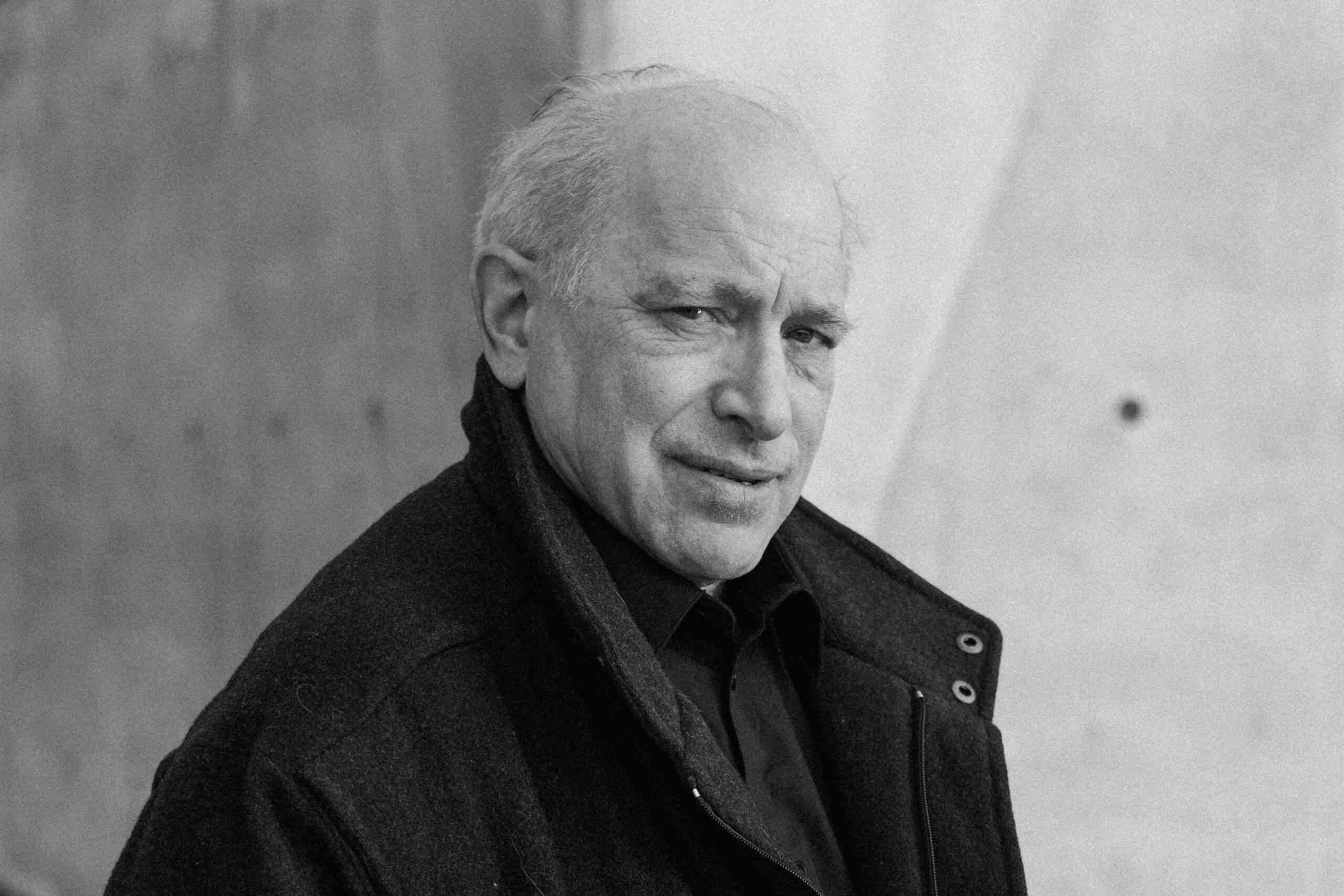Interview: A Conversation with an Anonymous Artist
|
Getting your Trinity Audio player ready...
|
If you are reading this, there is a substantial likelihood you arrived here under false pretenses. Apologies for the deception. This space was initially intended – as a means for this site to celebrate its third anniversary – to host a two-part interview with a significant artist. Since the beginning of our correspondences, this artist – who shall remain anonymous – sent erratic responses. After our interview, the artist requested a copy of the transcript. Out of respect, a copy was provided to permit this individual the opportunity to ensure they were accurately quoted. In response to their review of the transcript – an unedited, undoctored write-up of our conversation, the artist hurled several hurtful insults with no constructive commentary. Requests for clarification on which portions they found objectionable and reiteration that it directly reflected our conversation met with only further epithets and baseless accusations. Several friends and supporters of this site who were aware of the situation called the artist “crazy” or “insane” for their response. While the underlying sentiment is appreciated, the use of terminology is troubling.
Let this author – untrained in psychiatry – preface that he does not know, nor pretends to know, the artist in question’s mental state. Their eccentric and unusual behavior may be manifestations of an underlying mental illness. But there are also several other equally likely explanations. Perhaps they were in a bad mood the day of the interview and thought the whole transcript did not reflect their views. Maybe they subjectively hoped for some adulatory “puff” piece instead of a generally supportive interview but one adhering to journalistic principles. Or, possibly, they are just a jerk who enjoys wasting people’s time. Regardless of the reasons, using terms like “crazy” stigmatizes those suffering from mental illnesses and further perpetuates the prevailing culture, which disincentivizes those who could benefit by obtaining help from seeking it.
While mental health issues are not relegated to a specific field or community, they are of particular concern to the improvised music community. A pre-pandemic survey determined that seventy-three percent of independent musicians have experienced “stress, anxiety and/or depression” related to their music creation. Given the general lack of societal and financial support for improvised music compared to other forms, it is not unreasonable to believe creative musicians may have an even higher rate of mental illness. Anyone claiming that only a small number of today’s musicians are somehow no longer struggling is either naive or willfully ignorant.
And those musicians with mental health issues are in good company. Psychiatrist Sean A. Spence, MD, of the University of Sheffield has suggested that Buddy Bolden – often held as the founder of “jazz” – was schizophrenic. Other greats with well-documented severe mental health issues include Bud Powell, Thelonious Monk, Jaco Pastorious, and Albert Ayler. Some have even suggested that higher levels of creativity correlate with increased incidence of mental illness.
If nearly three-quarters of horn players exhibited respiratory illness, one suspects more attention would be given to the matter. Same with a hypothetical study uncovering that a majority of piano players exhibited severe arthritis. But when the ailment is in one’s synapses and neurons, far too frequently society treats the subject as taboo and ignores it. Often, social forces ignore mental health issues until something truly disastrous happens in the most severe of cases. Maybe it is an artist taking their own life – either through a solitary moment or a prolonged series of destructive acts – or harming another. While mourning, people discuss ways to help others before they reach the same end. But as the news stories push to the side, far too many forget the significance of these issues and effectively move on. It not only leaves behind the minority who will engage in those extreme behaviors at some future date but effectively ignores the vast majority of people with mental health issues whose problems are perhaps less severe but no less serious.
It should not be this way. Fortunately, there are several organizations tailored to helping musicians improve their mental health. The Recording Academy runs MusiCares, which provides confidential assistance for musicians with medical, financial, and personal emergencies. The non-profit organization Silence the Shame aims to end the stigma around mental health issues by spreading education and awareness. Another, Backline, connects music industry professionals with mental health and wellness providers. This author hopes that those in need of assistance reach out to these, or other organizations that can help them and that the friends and family of those who need help not only continue to support their loved ones but let them know of the aid options available to them.
So, do we have an artist for our special anniversary? No. For those looking for an interview with a specific artist, we have several great ones coming soon. But in another sense, we hope this post and others like it can help make future interviews possible by assisting musicians who need help by underscoring that they are far from alone and that there are opportunities for the care they seek. Hopefully, it will help artists create more great art or, even more importantly, lead more enjoyable lives.




One thought on “Interview: A Conversation with an Anonymous Artist”